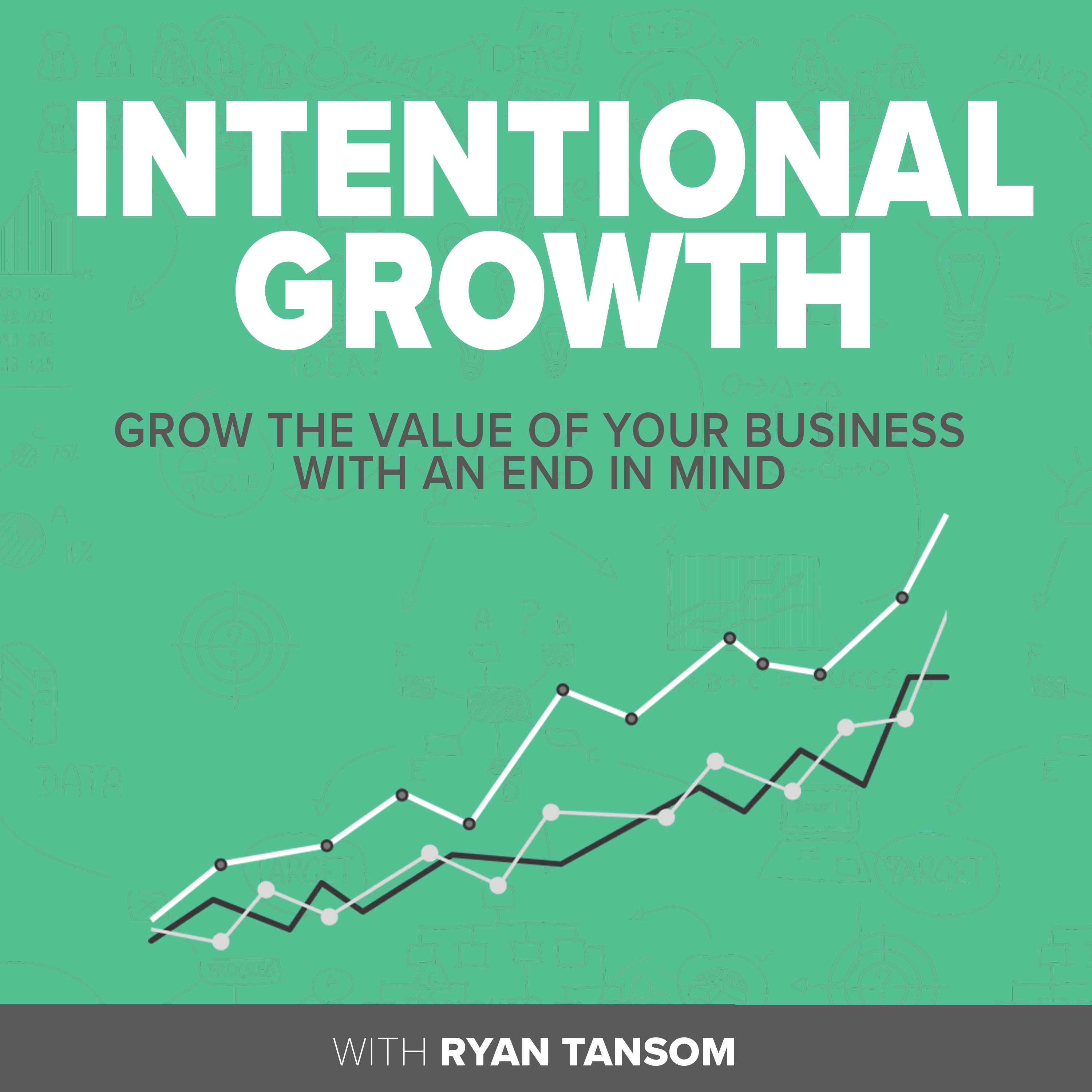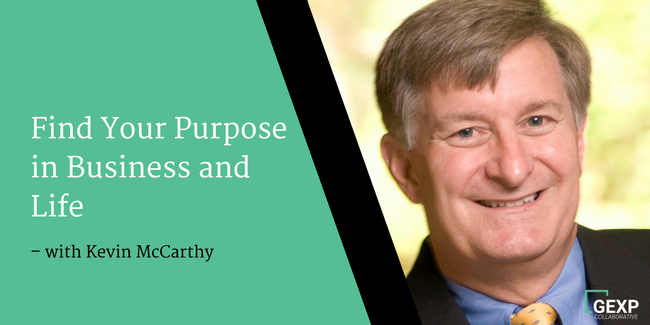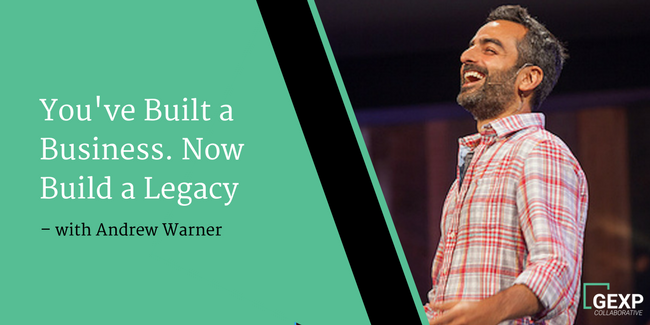Valuations, Gross Sale Price and Net Proceeds… What Really Matters? I had a great conversation with Scott Miller in this episode and we tackle some of the most important concerns every business owner have has when transitioning their company, how does gross dollar amount turn into net proceeds in the bank? AND how long does it take to get it and what do I have to do to get it?
Scott is a serial entrepreneur as well as a CPA. He knows what it’s like to be on every side of the fence. Just how can you protect those net proceeds from all the clever tricks a buyer and their attorney might pull? Keep listening for the answers, or if you’re pushed for time, read on below for the show summary….
The first question to ask, post-valuation and at the beginning of the negotiation after the buyer tries to wow you with the gross sale amount, is “what are the terms?” The figure given as a valuation and the offer that is in the Letter of Intent will be subject to many things, i.e. earn-outs, seller financing, management agreements.
The best way to approach this is to get the baseline figure agreed upon WHILE knowing the EXACT net proceeds dollar amount you are trying to get. Then know where you have leverage with the buyer and know as much information you can gather about why they would want to buy you so you have the upper hand any time there is a negotiation. THEN if you have to give and take KNOW what you are giving up as part of the process just in case whatever you agreed upon doesn’t follow through.
Typically the attorney for the buyer sits in the driver seat of the transaction and drafts up the purchase agreement and sends it to the seller’s attorney. So therefore, documents tend to be drafted with all kinds of intricate caveats to provide a cushion for the buyer.
For example: if it is in the buyer’s best interest to have an asset sale with the classifications of revenue a specific way to help them recapture the expenses and depreciate the purchase in a certain way, they will do that. REGARDLESS of what it means to you and your net proceeds. A few simple reclassification moves might make the buyer a ton more money but it could mean the difference between capital gains and ordinarily income for you (or 30% +/- in taxes!).
In Scott’s words: “Professionals who are well-versed in the world of transactions are really worth their weight in gold. They’re able to distance themselves from the emotion that business owners have typically invested in their company. If things are said during the negotiations to the owner. it’s like calling your kid ugly”
A stock sale is typically favored by the seller because the stock will all be taxed as capital gain, so the buyer is assuming any liabilities going forwards.
In most cases a buyer will prefer an asset sale because they get to allocate the purchase price to assets that typically promise the highest return on capital. For the seller, many of the items they’re selling are ultimately taxable as ordinary income.
They should attach the earnout to something that’s easily verified, i.e. sales. It’s very easy for the buyer to take it down the road of profitability, but there is a so much more that can be massaged when it comes to profit numbers. A proper exit planner rather than just a standard company attorney will be able to iron these things out.
When most companies sell it will be an asset sale. By statute an ESOP is only permitted when acquiring stock. In an ESOP a seller is going to be subject to capital gain. The owner is in control of the process i.e. how much sold, when it gets sold.
For the buyer the tax benefits are unbelievable … a 100% S-corp ESOP is income tax free. They pay no state or federal income taxes. Corporations tend to be passed through entities to avoid taxes, so normally their shareholders take the hit. but if the only shareholder is the ESOP trust then the trust pays no income taxes. It means that all debt is repaid with pre-tax dollars.
“Transitioning is a journey. The informed business owner understands it’s going to take some time and some very good strategic planning to have a successful outcome.”
[clickToTweet tweet=”“If you don’t know the game, the buyer wins”” quote=”“If you don’t know the game, the buyer wins””]
Enterprise Services Inc: 262 646 6490
Scott D. Miller, CPA/ABV, PFS, CVA
Scott D. Miller, CPA/ABV, CVA, is President and founder of Enterprise Services, Inc., a firm that provides financial consulting services to business, specializing in business valuations and ESOPs. Mr. Miller is widely acknowledged as a leading authority on ESOP valuations for closely-held companies, having served over 600 employee owned companies. He previously served as Vice President of Finance and Trustee of a large ESOP company, is often published in major professional journals and authors seminars for professional organizations and industry groups. He has authored several books including: “ESOPs Savvy Strategy for Tax Management, Succession and Continuity” (AICPA, 2012); “Buyouts” (John Wiley & Sons, 2013); “Navigating Mergers and Acquisitions Guidance for Small and Medium Sized Organizations” (AICPA, 2013). He currently serves on the AICPA Forensics and Valuation Services Executive Committee, the Board of Directors for the Wisconsin Institute of CPAs, the ESOP Association Board of Governors, and the Board of the Exit Planning Institute. His undergraduate degree is from Kenyon College and he holds an MBA from Cornell University Johnson Graduate School of Management.

What are the biggest challenges all entrepreneurs face? The answer may surprise you. Today’s show focuses on how to build wealth and create fulfillment...

The valuation of your life work and business is a direct reflection of the leadership remaining in place after you exit. What does it...

What an amazing conversation I was able to have with Andrew Warner; a man who certainly knows his way around business podcasts, having done...